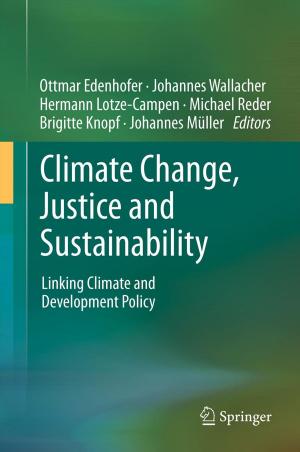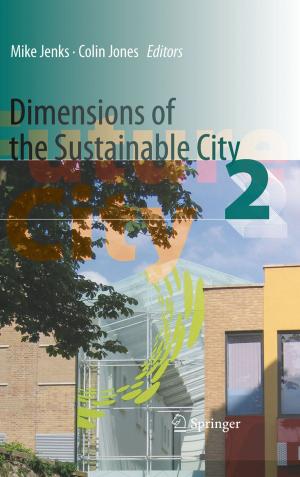Sustainable Development: Science, Ethics, and Public Policy
Nonfiction, Science & Nature, Science, Biological Sciences, Environmental Science, Nature, Environment, Environmental Conservation & Protection| Author: | ISBN: | 9789401584920 | |
| Publisher: | Springer Netherlands | Publication: | June 29, 2013 |
| Imprint: | Springer | Language: | English |
| Author: | |
| ISBN: | 9789401584920 |
| Publisher: | Springer Netherlands |
| Publication: | June 29, 2013 |
| Imprint: | Springer |
| Language: | English |
Of all the books written about the problems of sustainable development and environmental protection, Sustainable Development: Science, Ethics, and Public Policy is one of the first to examine the role of science, economics and law, and ethics as generally applied to decision making on sustainable development, particularly in respect to the recommendations contained in Agenda 21. Specifically, the book examines the role, capabilities, and certain strengths and weaknesses of these disciplines and their ethical implications in the context of sustainable development problems. Such an analysis is necessary to determine whether sustainable development problems create important new challenges and problems for government so that, where appropriate, new tools or approaches may be designed to overcome limitations or take advantage of the strengths of current scientific, economic and legal capabilities.
Audience: Environmental professionals, whether academic, governmental or industrial, or in the private consultancy sector. Also suitable as an upper level text or reference.
Of all the books written about the problems of sustainable development and environmental protection, Sustainable Development: Science, Ethics, and Public Policy is one of the first to examine the role of science, economics and law, and ethics as generally applied to decision making on sustainable development, particularly in respect to the recommendations contained in Agenda 21. Specifically, the book examines the role, capabilities, and certain strengths and weaknesses of these disciplines and their ethical implications in the context of sustainable development problems. Such an analysis is necessary to determine whether sustainable development problems create important new challenges and problems for government so that, where appropriate, new tools or approaches may be designed to overcome limitations or take advantage of the strengths of current scientific, economic and legal capabilities.
Audience: Environmental professionals, whether academic, governmental or industrial, or in the private consultancy sector. Also suitable as an upper level text or reference.















